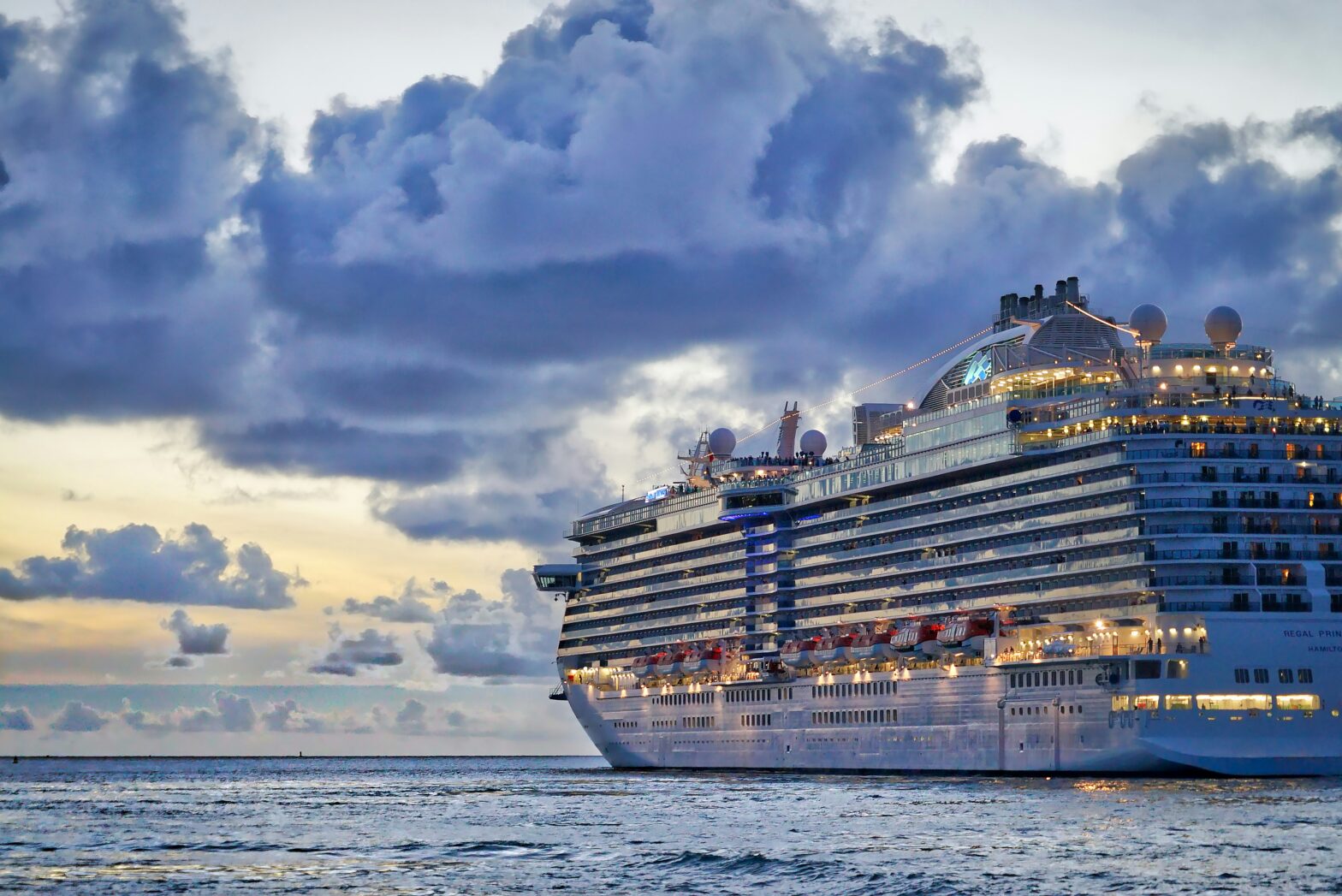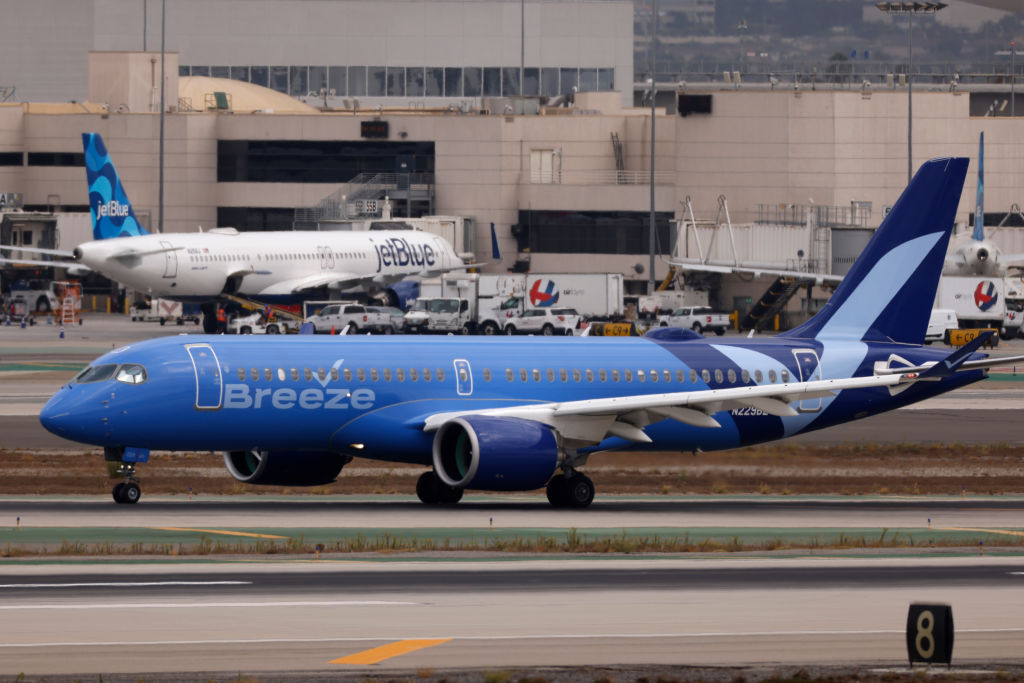Planning a dream cruise vacation involves more than just picking the perfect swimsuit and sunscreen. While most travelers know they can’t bring weapons or illegal substances on board, cruise lines enforce surprising restrictions on everyday household items that many passengers pack without thinking twice. These unexpected prohibitions can lead to frustrating delays at embarkation, confiscation of your belongings, or, in extreme cases, being denied boarding altogether.
According to TheTravel, cruise ship security differs from airport procedures, with each cruise line maintaining its own list of banned items for safety, security, and practical reasons. Understanding these restrictions before you start packing can save you time, money, and unnecessary stress at the port terminal, helping your vacation begin smoothly rather than with the disappointment of watching security dispose of your carefully packed belongings.
Unlike hotels that typically provide in-room amenities, cruise ships operate under strict maritime safety regulations that may surprise first-time cruisers.
Irons And Heating Pads
That wrinkle-free wardrobe you planned for elegant nights might hit a snag when you discover clothing irons are universally banned across all major cruise lines. Despite allowing hair styling tools like curling irons and straighteners, cruise lines prohibit clothing irons due to fire hazards in the confined space of a ship cabin. Most cruise lines offer alternatives such as designated ironing rooms or paid pressing services.
Similarly, heating pads fall under the same fire safety restrictions despite their therapeutic benefits. If you rely on heat therapy for muscle relief, consider packing cruise-approved alternatives, such as adhesive heat patches, that provide targeted comfort without violating safety rules.
Homemade And Unpackaged Food
Those homemade cookies you baked for a midnight snack in your cabin will not make it through security. Unlike airport security, which generally allows food items, cruise lines enforce stricter regulations regarding homemade and unpackaged foods.
Some cruise lines do not provide refrigeration or storage for personal food items, which can pose a potential health hazard in the warm, humid shipboard environment. If you want to bring snacks aboard, opt for pre-packaged, shelf-stable options that remain sealed in their original packaging to avoid problems at security.
Surge-Protected Power Strips And Extension Cords
Modern travelers carrying multiple electronic devices often discover too late that surge-protected power strips are prohibited on cruise ships. While older vessels might offer limited outlets in cabins, you can’t simply bring the same power strip you use at home. Surge protectors can interfere with a ship’s electrical systems and pose safety risks, potentially leading to immediate confiscation by security personnel.
Instead, look for cruise-compliant power strips that do not have surge protection features, or consider using a European plug adapter to utilize both voltage options in your cabin. Policies vary by cruise line; Carnival, MSC, Norwegian, and Virgin Voyages generally allow standard power cords, while Royal Caribbean and Celebrity maintain stricter restrictions, with exceptions only for essential medical equipment, such as CPAP machines.
Before packing for your next cruise vacation, always check your specific cruise line’s prohibited items list to avoid surprises on embarkation day and allow a smooth sailing experience from the moment you arrive at the terminal.




